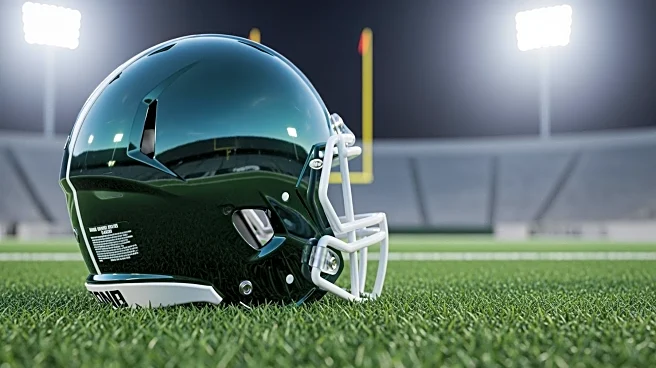Rapid Read • 8 min read
A wrongful death lawsuit has been filed against Tesla following a fatal crash involving its Autopilot feature. The lawsuit, brought by the family of Genesis Giovanni Mendoza Martinez, alleges that Tesla misrepresented the safety of its self-driving technology, contributing to the accident. The crash occurred when the vehicle, traveling at high speed, failed to detect a parked fire truck, resulting in a collision. The lawsuit accuses Tesla of deceptive marketing practices, claiming the company falsely portrayed its Autopilot technology as fully autonomous, despite requiring driver oversight.
AD
This lawsuit highlights the ongoing legal and safety challenges faced by Tesla regarding its Autopilot technology. The case could have significant implications for Tesla's marketing practices and the broader autonomous vehicle industry. If Tesla is found liable, it may lead to increased scrutiny and regulatory action, potentially affecting the company's reputation and financial performance. The lawsuit also raises questions about consumer expectations and the responsibilities of automakers in ensuring the safety of semi-autonomous driving systems.
As the lawsuit progresses, Tesla may need to address the allegations of deceptive marketing and improve its Autopilot technology to prevent similar incidents. The case could lead to changes in how Tesla markets its vehicles and result in legal precedents that influence future cases involving autonomous driving technologies. Stakeholders, including regulators and consumers, will be closely monitoring the developments, which could impact industry standards and policies related to self-driving vehicles.
The lawsuit against Tesla underscores ethical and legal questions about the responsibility of automakers in ensuring the safety of semi-autonomous vehicles. It may prompt discussions about the balance between innovation and safety, as well as the role of marketing in shaping consumer perceptions of new technologies. The case could also lead to broader debates about the readiness of self-driving technology for widespread use and the need for comprehensive regulatory frameworks to govern its deployment.
AD
More Stories You Might Enjoy











